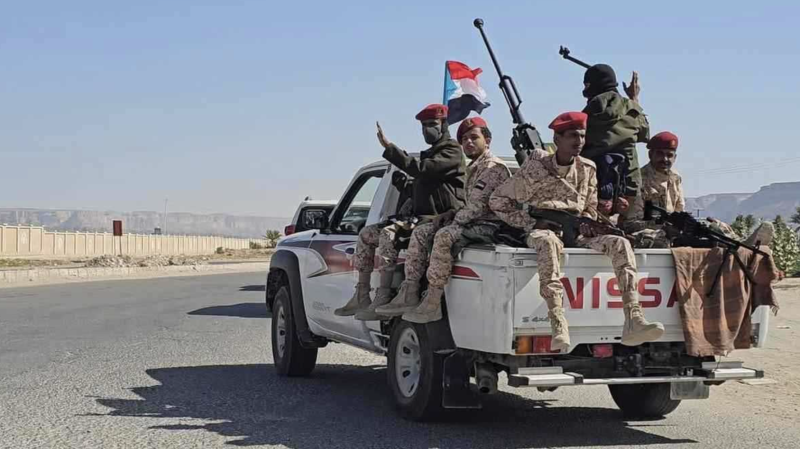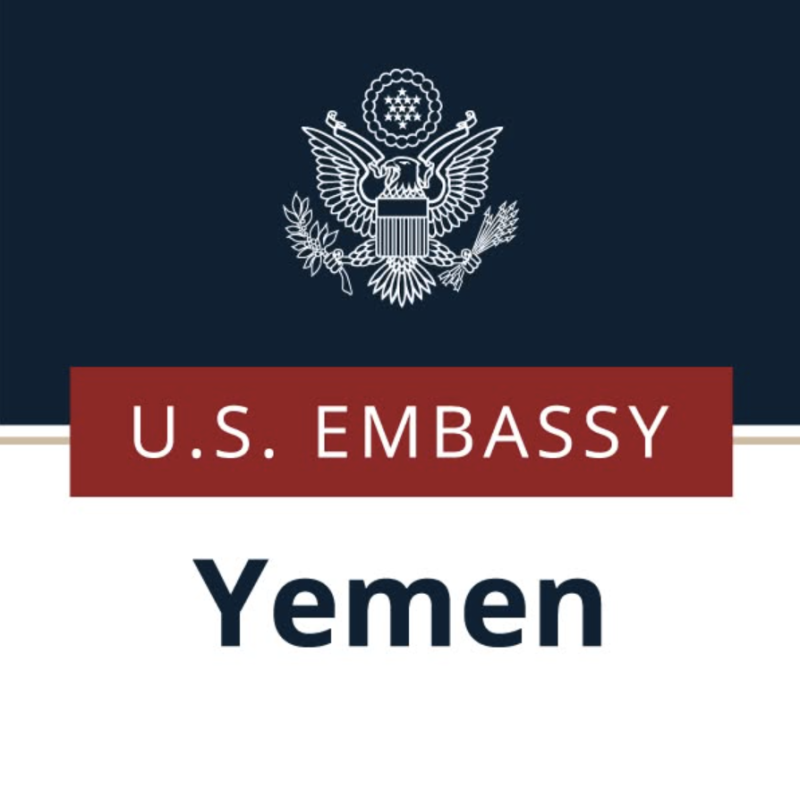UN Envoy Hails Efforts to Keep Yemen Safe from Regional Crisis


United Nations special envoy to Yemen hailed on Thursday the remarkable achievement of keeping the war-torn country away from regional crises, while also praising the implementation of the Riyadh Agreement.
He told Asharq Al-Awsat that resuming the political process between Yemeni parties was possible within the upcoming weeks or months. He stressed, however, the need for them to “completely” commit to the Stockholm agreement on Hodeidah.
On his recent visit to Washington, he said it was “very positive,” saying he received full backing from American officials.
Moreover, he said that pressure should not only be focused on Saudi Arabia, “which is exerting huge efforts to end the war and reach a political settlement that completely resolves the crisis.”
The envoy said he will head to Sanaa next week as part of his ongoing efforts to implement all articles of the Hodeidah agreement and launch the political process, hoping the war would end in 2020.
In a briefing to the UN Security Council, Griffiths said that keeping Yemen away from regional crises was a “real achievement” that is based on a consensus that Yemen must not be affected by regional tensions. “Most importantly, in this time of crisis, we have seen no major acts of military provocation in Yemen.”
“This is remarkable. Indeed, it has been one of the quietest weeks of the war in Yemen since the war began, with only, in this most recent period of a couple of weeks, only one airstrike; very limited military movement on the ground and no drone or missile attacks on neighboring states.
“This achievement has not come by chance. Yemeni leaders and leaders in the region have deliberately exercised restraint and withheld from acts of provocation,” he stressed.
“Since the beginning of January, there have been nine days with no airstrikes at all. It is true, and it’s tragically true, that some fronts remain active and there are still far too many civilian deaths. Nevertheless, the movement of forces and military on the ground has reduced. We are witnessing one of the quietest periods of this conflict,” Griffiths went to say.
“Experience however tells us that military de-escalation cannot be sustained without political progress between the parties and this has become the next challenge,” he stated.
Turning to the Riyadh Agreement, he praised the legitimate Yemeni government and Southern Transitional Council (STC), who signed the deal with Saudi backing, “for their diligence and commitment in implementing those commitments.”
“The relative improvement in security in Aden also bodes well for their efforts, and the parties’ re-commitment recently to time-bound measures to support the implementation of the Riyadh Agreement is a very positive sign,” Griffiths continued. “I know firsthand that there are daily detailed negotiations as we sit here, and I hope that we will see key appointments in Aden in the next days. I am fairly confident that the implementation of that agreement is moving in a positive direction.”
On the Stockholm agreement, he said: “None of us should be satisfied with the record of its implementation, but we can take comfort that the United Nations and the parties remain committed and as active as ever to implement the commitments they made, more than a year ago, in Stockholm.”
“The parties work together on a daily basis aboard the UNMHA, that is the UN Mission for the Hodeidah agreement, vessel moored in Hodeidah port and that the joint observation posts and continue with efforts to further the implementation of that agreement,” he added. “Though violence unfortunately continues in the southern districts of the governorate, the relative calm at the frontlines in Hodeidah city shows that the measures to enhance the de-escalation, the ceasefire mechanism is working, and this is something we can and should build on.”
“The Redeployment Coordination Committee, established by that agreement, has engaged in discussions on a roadmap now for opening humanitarian corridors that will improve access for humanitarian agencies and civilian movement in the governorate. I hope that they can reach an agreement on these corridors in the coming weeks, and that indeed this will pave the way for further discussions on the implementation of the redeployment of forces.
“Despite the achievements in Hodeidah, the persistent restrictions on the freedom of movement of UNMHA personnel remains a concern,” remarked the envoy, saying he brought up this issue during a visit to Sanaa in December. “The restrictions of UNMHA’s patrols to the city and to the ports, along with their logistical and support activities contradicts the spirit of the Stockholm agreement and I reiterate my call for their immediate resumption.”

Hadramout -- The Southern Transitional Council (STC) in Yemen announced on Friday that seven Saudi airstrikes targeted one of its camps in Al-Khash…

Aden – Yemeni media outlets reported on Wednesday that southern government forces in Hadramout confirmed the stability of the situation in th…

Washington – The United States has voiced concern over recent developments in southeastern Yemen, stressing the importance of avoiding any st…